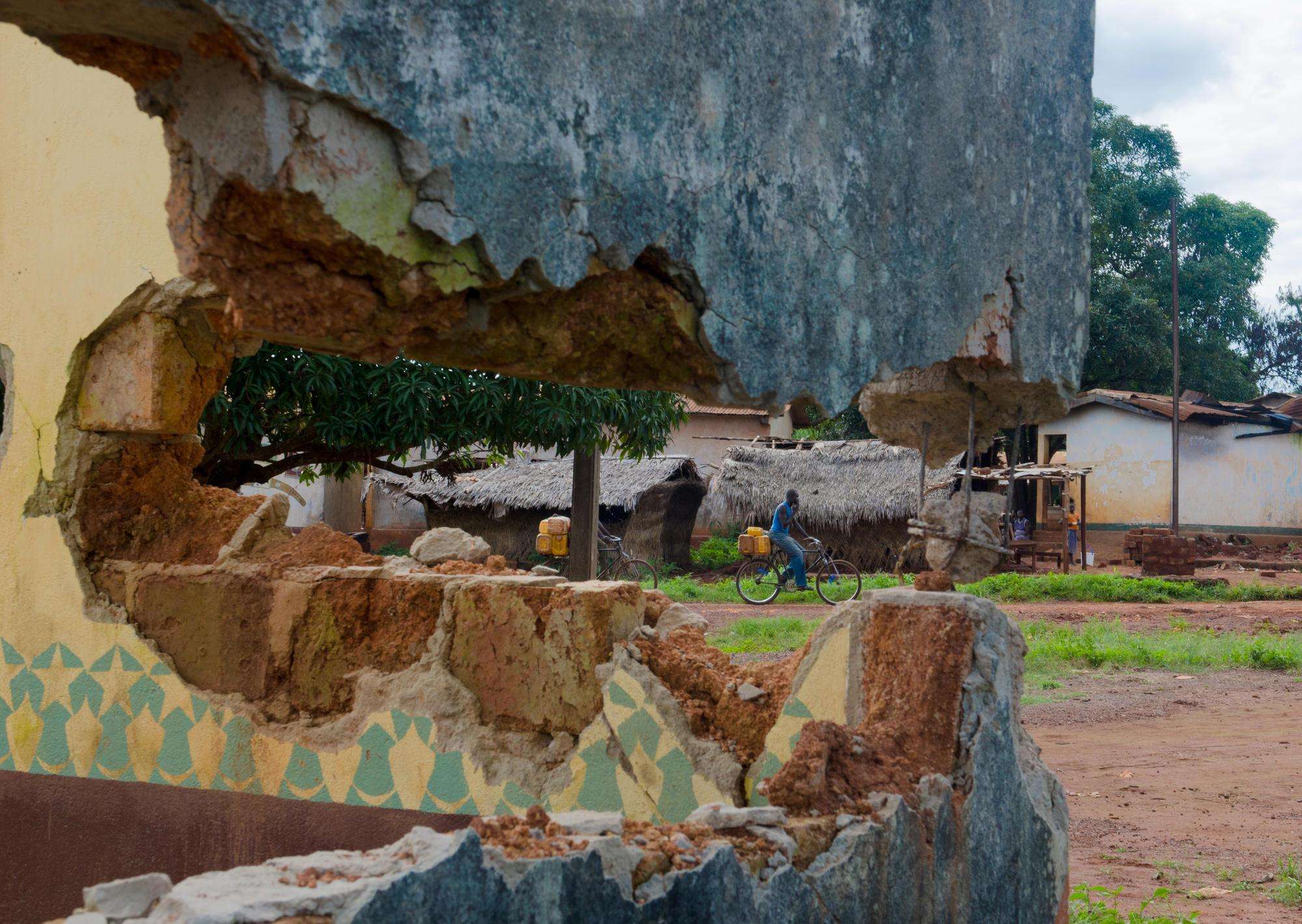NEW YORK/BANGUI, JANUARY 4, 2021—A coalition of non-state armed groups took control yesterday of Bangassou, a town in the southeast of Central African Republic (CAR). This attack in Bangassou further restricts people’s access to essential medical care and comes amid the sharp deterioration in security and escalation of violence linked to the country’s national election on December 27.
Following yesterday’s attack in Bangassou—located on the border with Democratic Republic of the Congo (DRC)—Doctors Without Borders/Médecins Sans Frontières (MSF) teams transported and treated 12 wounded people at the Bangassou Regional University Hospital, a health structure that the international medical humanitarian organization has supported since 2014.
This attack is the latest in a series of recent incidents that further complicate the already extremely limited access to care for thousands of Central Africans in a country plagued by a state of chronic medical emergency.
Since December 21, more than 110 wounded people in CAR have been treated by MSF teams in Bossangoa, Bangui, Bangassou, Bambari, and Batangafo. On December 28, several people were killed, including an MSF employee, when a public transport truck was targeted by gunfire in Grimari, near Bambari.
Additionally, on January 2, thousands of people fled Bangassou and crossed the Mbomou River to seek refuge in Ndu, a village across the border in DRC, where MSF is also supporting the local health center. MSF is increasing its support to the Ndu health center with staff, medicines, and vaccines and is assessing how to expand medical aid to displaced people.
MSF teams remain mobilized to provide humanitarian and medical aid to people affected by post-election violence and insecurity in CAR. While some activities had to be reduced or suspended due to the significant increase in security risks for patients and medical staff, most services provided by MSF in the country continue to be provided.
MSF calls on all armed actors to allow health care workers to provide timely medical care and respect their obligations to protect civilians and humanitarian workers. Armed groups must not attack health facilities, ambulances, medical staff, or patients and their caretakers.
Central African Republic: MSF responds to attack in Bangassou

Central African Republic 2017 © Natacha Buhler/MSF



